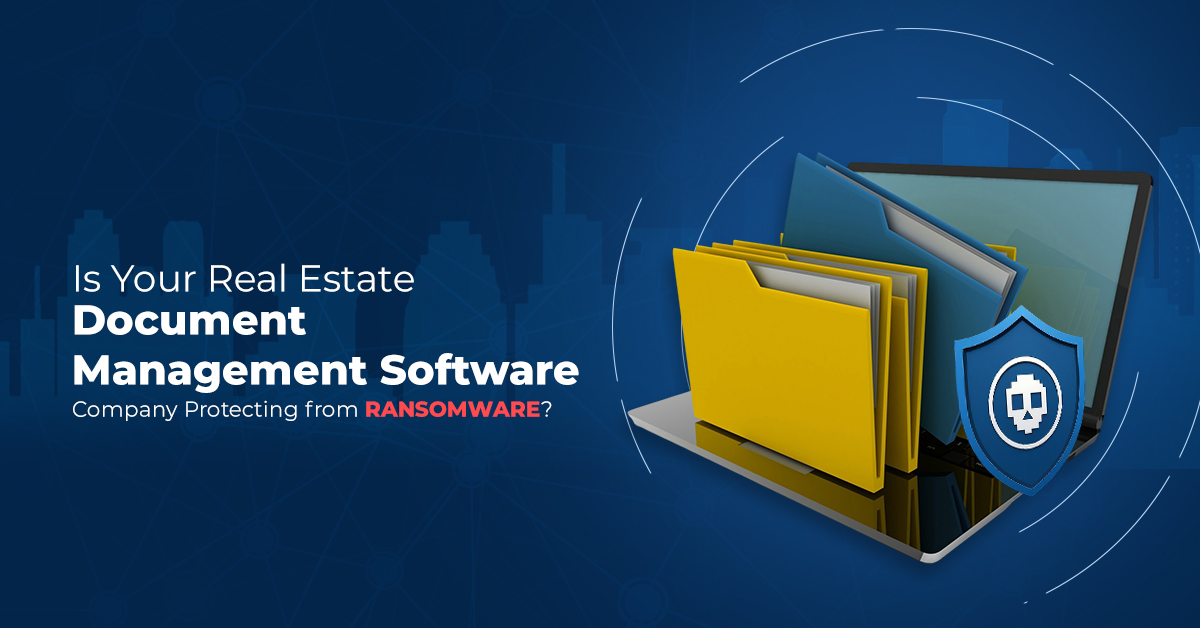There is no denying the fact that hospitals, clinics, and even private practices must manage massive amounts of medical records, billing information, and related paperwork. For example, doctors need to maintain the patient’s medical records and details, including the deceased patient’s details, for seven years after the date of the patient’s last visit. Almost all healthcare facilities have similar policies and are mandated by the law to follow them.
Thus, in simple terms, there is a huge amount of paper records at any time in a healthcare center. This is where an integrated healthcare document management system comes in. Such a system eases the burden on the department of large and small hospitals and the associated facilities. Here are the benefits of implementing such a system in the healthcare industry.
How Healthcare Document Management System Plays a Crucial Role in the Healthcare Sector?
Here is how a healthcare document management system plays a crucial role in the healthcare sector.
1. Cost Savings
This is one of the most important benefits of choosing a healthcare document management system. Electronic record keeping will ensure that the facility buys fewer paper and cartridges and repair fewer printers, photocopiers, and fax machines. Apart from the purchase price, all the machines need regular maintenance and run-on electricity.
Also, it reduces storage needs. Did you know? Larger hospitals must hand over entire floors for record keeping and archives departments. Therefore, it leaves lesser space for medical treatment and other activities that constitute the core functions of the facility. Thus, when you switch to a cloud-based data storage solution, it means that there is no reason to pay for and maintain the costly servers.
2. Faster Processing Time
A significant issue with paper-based records is that they are mostly physical documents. Therefore, they must be carried by hand from the archives to the relevant department. This is a cumbersome process that takes hours. However, a digitized DMS will enable you to retrieve essential records in a matter of seconds quickly. Also, different departments can easily locate and access the records simultaneously. Therefore, it eliminates the need to photocopy the files while updating the payment and billing information as well as the medical data of the patient in real time.
3. It enhances Productivity
Advanced DMS can reduce the time to access multiple patient files by typing the relevant search term. In addition, every electronic document is offered its unique identifier that you can use to search for a specific document. Thus, in simple terms, hospital admins and physicians can explore the patient’s name and retrieve the complete medical history. This will offer them plenty of time for value-added activities.
4. It Eliminates Human Error
It is impossible to avoid mistakes when dealing with many paper documents. This leads to the cluttering of the workplace. Ultimately, the clutter increases the chance of losing or misplacing critically essential files and other documentation. A healthcare document management system will help reduce the improper dosage of medications, prevent wrong treatments, and reduce adverse drug events. Thus, it will help to improve the patient’s safety. Also, it protects physicians from being subjected to regulatory and legal sanctions.
5. Increases Security by Creating Visible Audit Trails
An audit trail shows the time, username, and date for every activity in the patient’s record file. This allows the admins to monitor the record creation and retrieval activities. Thus, they can ensure the integrity and security of the records.










